Prince | Fentanyl-Laced Vicodin Overdose Death
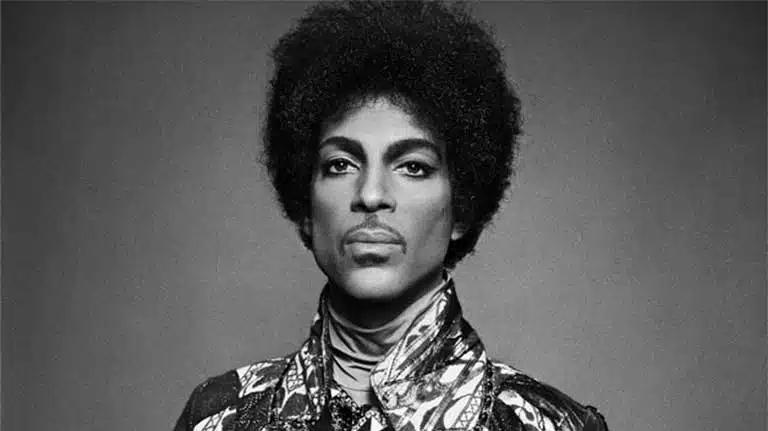
Each day opioid overdose deaths claim the lives of more than 150 Americans, a figure that continues to grow along with the prevalence of potent synthetic opioids like fentanyl.
Prince, a musical superstar regarded as one of the greatest American performers of his time, offers a tragic example of this deadly narcotic’s far-reaching effects.
How Prince Died
Prince’s death occurred on April 21, 2016, at age 57.
On the 14th, after giving what would be his last performance in Atlanta, he became unresponsive, forcing his private jet to make an emergency landing at Quad Cities International Airport in Moline, Illinois.
He was hospitalized and given naloxone for opioid overdose but left the hospital shortly thereafter.
On the 20th, Prince’s estate contacted a specialist in addiction medicine and pain management and made an urgent appointment for the 22nd. The next day, the Carver County Sheriff’s Office received a 911 call from Prince’s home, Paisley Park Estate in Chanhassen, Minnesota.
When paramedics arrived, they found Prince had been dead in an elevator for more than six hours.
Cause Of Death
Prince’s cause of death was eventually ruled accidental overdose of fentanyl, with the illicit drug found in counterfeit pills.
It is unknown where Prince obtained the counterfeit Vicodin that killed him, and despite efforts by Carver County Attorney Mark Metz and multiple law enforcement agencies, no criminal charges have been filed.
About Prince
The Grammy award-winning musician, songwriter, and producer who would become known as Prince, the Artist Formerly Known as Prince, and the Artist, was born as Prince Rogers Nelson on June 7, 1958, in Minneapolis Minnesota.
Prince’s family included his mother, jazz singer Mattie Della, his father, pianist and songwriter John Lewis Nelson, and his younger sister, Tyka Nelson.
Taking after his parents, Prince began playing the piano and even composing songs as early as age 7. He was proficient in the guitar and drums by age 14.
Prince’s parents divorced when he was 10 and after his mother remarried, he did not get on well with his half-siblings. He eventually moved into the basement of a neighbor and family friend, before pursuing a career in music.
Early Career
After graduating high school Prince was able to create a professional demo tape which led to a recording contract with Warner Bros. Moving to California, Prince recorded his first album, For You, which was released in 1978.
After forming a band, later known as the Revolution, Prince released his second album, Prince, in 1979, which reached No. 4 on the Billboard Top R&B/Black Album charts and No. 22 on the Billboard 200, eventually going platinum.
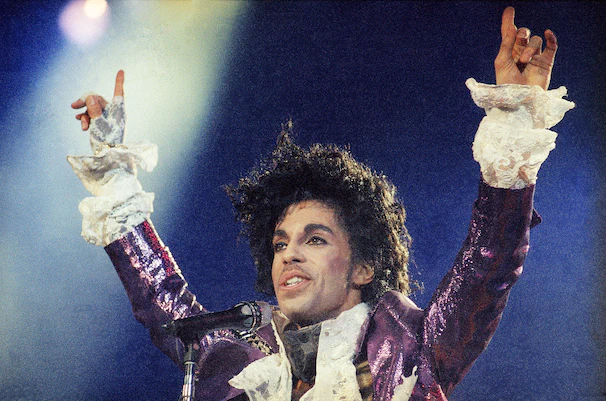
This was followed by a new album, Dirty Mind, released in 1980 and noteworthy for its sexually explicit content and songs like “Head,” “Sister,” and “Uptown.” 1999 came next, released in 1982, and saw Prince’s fame and professional status increase rapidly.
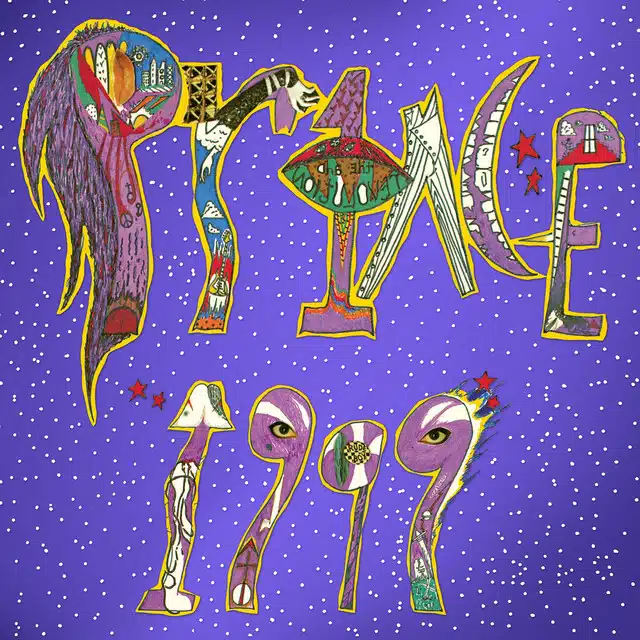
Superstar Status
In 1981 Prince formed a side project band known as The Time, releasing four albums between 1981 and 1990.
He also starred in a loosely autobiographical 1984 hit film titled Purple Rain, which was joined by a studio album of the same title. The album sold more than 13 million copies and spent 24 weeks in the No. 1 spot on the Billboard 200 chart.
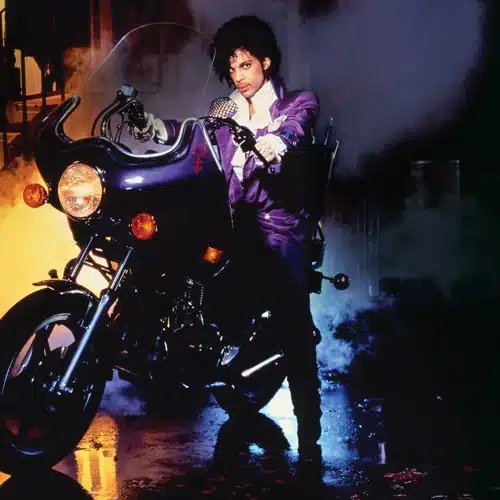
Prince would continue releasing albums at an impressive clip, forming a series of bands, starring in several motion pictures (though with little critical or financial success), creating the soundtrack for Tim Burton’s Batman motion picture, and performing in the Superbowl Halftime Show in 2007.
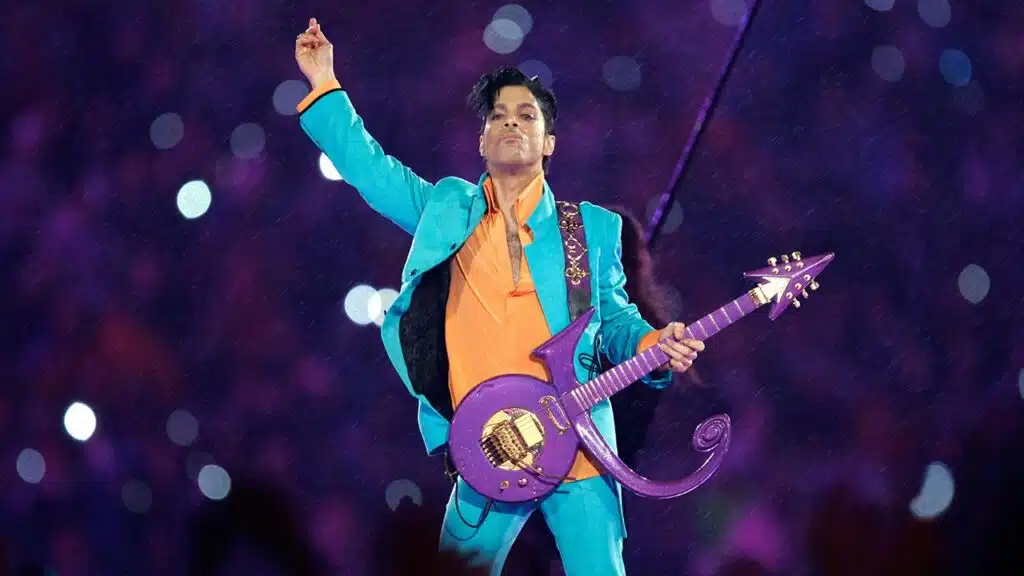
Altogether, Prince is credited with 42 studio albums, four live albums, nine compilation albums, 17 video albums, and three posthumous albums.
He pioneered the so-called Minneapolis sound, incorporating funk, R&B, rock, new wave, soul, synth-pop, pop, jazz, and hip hop in endlessly unique and vibrant blends.
Prince’s History Of Substance Abuse & Rehab
According to those who knew him best, Prince was vehemently anti-drug from his teenage years, excepting some later experimentation with hallucinogens.
However, a series of serious performance-related accidents left the musician in a state of frequent if not chronic pain, leading to painkiller use, self-medication, and probable opioid addiction or dependence.
It is rumored that Prince covertly attended rehab in 1994. And it is widely known that his health deteriorated later in life due to drug use, pain, illness, and severe weight loss.
Recovery Is Possible
Prince did not die because he was recklessly abusing drugs to get high. Instead, he struggled with the same constant pain and habit-forming painkillers that thousands of Americans grapple with today.
And, with fentanyl continuing to pour into the United States in numerous forms, his death fits an increasingly tragic yet common pattern.
However, recovery from opioid addiction is possible with professional rehab and multidisciplinary treatment services such as medication-assisted treatment and behavioral therapy.
To learn how we can help you or your loved one build a healthier future, please contact Ark Behavioral Health today.
Written by Ark Behavioral Health Editorial Team
©2024 Ark National Holdings, LLC. | All Rights Reserved.
This page does not provide medical advice.
Associated Press News - Investigation says Prince was isolated, addicted and in pain
Britannica - Prince | Biography, Songs, Significance, & Facts
Star Tribune - Prince likely was dead for hours as picture of his last days takes shape

Questions About Treatment?
Ark Behavioral Health offers 100% confidential substance abuse assessment and treatment placement tailored to your individual needs. Achieve long-term recovery.
100% confidential. We respect your privacy.
Prefer Texting?
Our friendly support team is here to chat 24/7. Opt out any time.

People Also Read
- List Of Musicians Lost To Drug Overdose
- 20 Celebrity Deaths Involving Drugs Or Alcohol
- Opioid Overdose Symptoms
- 7 Of The Most Dangerous Opioids In America
- Fentanyl Warnings
- The Rise Of Fentanyl-Laced Street Drugs
- Dangers Of Fake Fentanyl Pills
- The Real Deal On Fentanyl
- 100,000 Overdose Deaths
- What Are Blues Drugs?






 Learn More
Learn More








